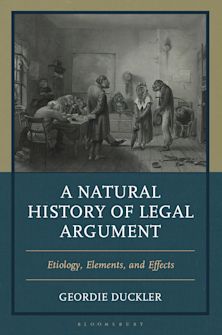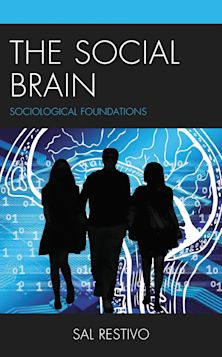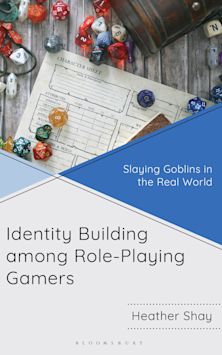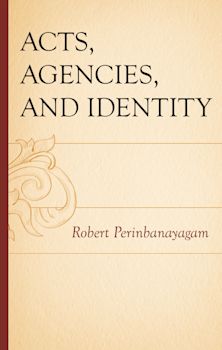- Home
- ACADEMIC
- Sociology
- Sociology - Other
- Modernizing Localities in Poland
You must sign in to add this item to your wishlist. Please sign in or create an account
Description
Modernizing Localities in Poland: A Never-ending Transformation investigates modern cultural traditions and their transformations in Poland. Designed as a series of case studies analyzing music festivals, city parades, rural rituals, and contemporary bachelorette parties, this book creates a rich panorama of Poland's cultural, social, and political transformations. The catalysts for these transformations are highway drivers, music festival and street parade participants, local activists and artists, reenactors of history and tradition. Thanks to their insight, the author describes local events and communities from the inside, focusing on the values and motivations that prompted their participation in Poland’s cultural traditions.
Table of Contents
Introduction: Modernizing Localities in Poland: A Never-ending Transformation
Chapter 1: State Ideologies and Community Values: Post-war Poland in the Mirror of Festivals
Chapter 2: From “Commercial Sellout” to Community-based Event: The Paradoxes of Polish Punk Rock Music Festivals
Chapter 3: Punk Rock Beyond the Center: Critical Geography of Art
Chapter 4: Creating a Public Sphere Through a Celebration: The Case of the St. Martin's Parade
Chapter 5: Laughter, Fear, and Rural Feminization: Contemporary Carnival Shrovetide in the Polish Countryside
Chapter 6: A Wreath from a Sex Shop: Bachelorette Parties
Chapter 7: Peasanthood as Long-term Structure
Chapter 8: “How Poland Entered Europe:” The Motorway as a Space of Neoliberalism
Bibliography
About the Author
Product details
| Published | 05 Sep 2024 |
|---|---|
| Format | Ebook (PDF) |
| Edition | 1st |
| Extent | 158 |
| ISBN | 9798216258407 |
| Imprint | Lexington Books |
| Publisher | Bloomsbury Publishing |
About the contributors
Reviews
-
“This book by one of Poland’s leading anthropologists is a unique portrait of the transformation of Polish society following the collapse of state socialism in Eastern Europe. Kuligowski’s ethnographic focus is on the cultural realm. He takes us to the world of music, festivals, parades, weddings, carnivals and local community life to capture the fascinating tensions between cultural continuity and change in the geopolitical space exposed to sweeping modernization processes.”
Hana Cervinkova, National University of Ireland at Maynooth
-
“This book is interesting from a cultural studies, theoretical, historical and political perspective. It analyses how Poland's idea of "modernisation via the motorway" is an argument in support of Eisenstadt’s thesis that there is no one and only one “authentic” way of modernity and modernization. The analysis draws on extensive ethnographic research on Polish culture. It takes into account the deep knowledge of anthropological research on modernization and transformation. This book highlights the processes of "traditionalization" and “retraditionalization”. It goes beyond a studies of localities in Poland and offers a fascinating panorama of modernizing Europe."
Vida Savoniakaite, Lithuanian Institute of History
-
Reading this well-written book proves to be an exciting and instructive road trip through post-war Poland, guided by the eyes and ears of a passionate ethnographer and thorough expert of the country’s (sub)culture. Committed to the paradigm of “anthropology at home”, Waldemar Kuligowski takes us to music festivals, punk rock, Saint Martin’s parades, processions of masqueraders, bachelorette parties, peasanthood in contemporary public debate, and to a region dealing with its newly built prestigious motorway. All case studies benefit from the author’s ability to bring together dense field research material and historical sources with theoretical concepts from different disciplines, which are introduced and interwoven in an easily approachable manner. Taken together, the unfolded polyphony of actors and situations provides a deep insight into the far-reaching cultural, economic and political transformation processes in the Polish (post-)socialist and (post-)Cold War period. Highly recommended, not only for cultural anthropologists!
Sonja Windmüller, Christian-Albrechts-Universität zu Kiel


































